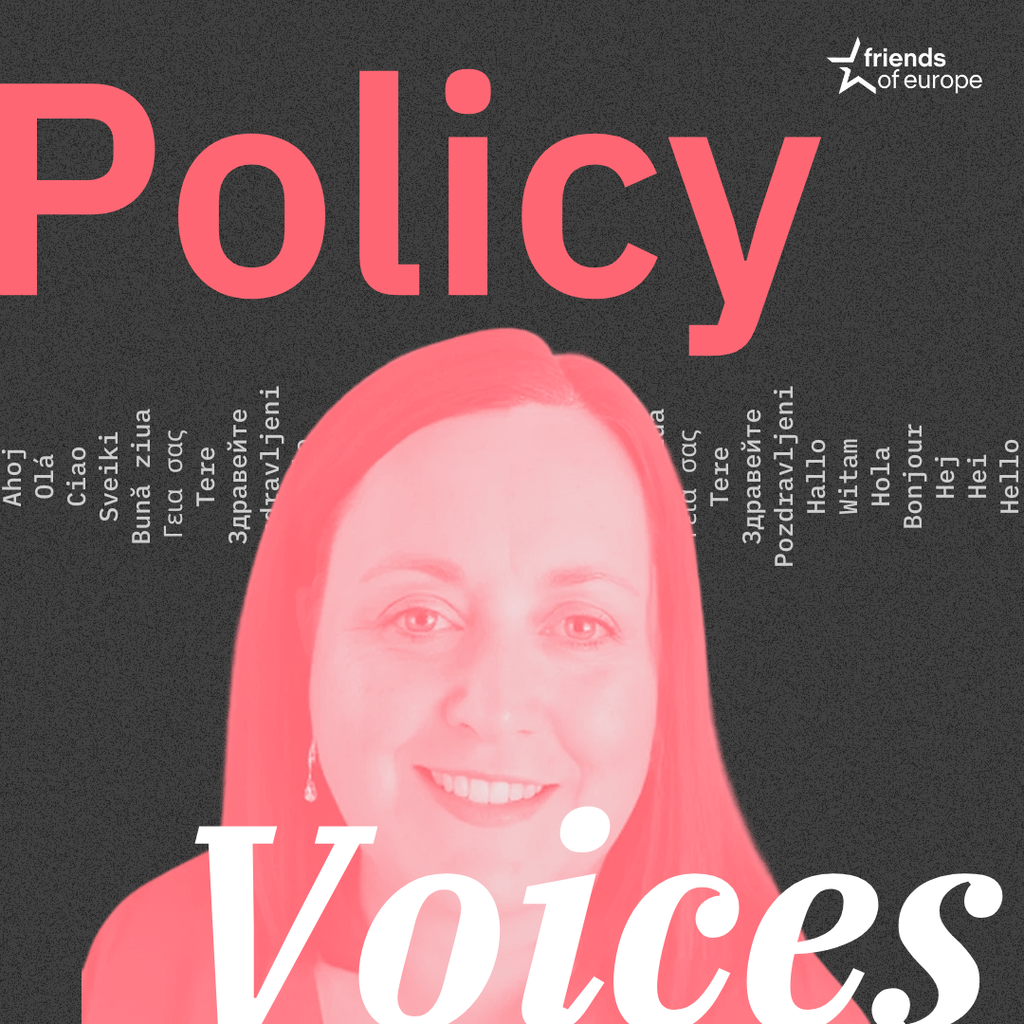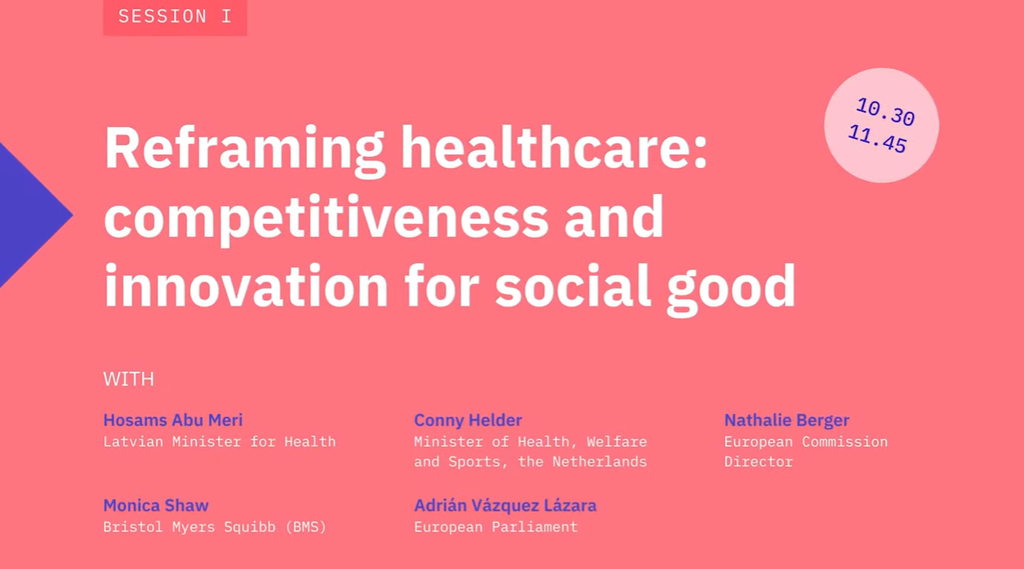Europe's moment: advancing clinical research and health innovation
Next event In person & online

- Area of Expertise
- Sustainable Livelihoods
Sustainable Livelihoods

We are often told that feeding the world requires more efficient agro-industrial units, further genetic modification of plants, or cloning of ever-more productive animals. The facts speak otherwise: we already produce enough food for 14 billion people – double the global population – but around 40% of it goes to waste. What we really need is a more sustainable and coherent food policy. That policy should cover all aspects of food production and consumption to minimise waste and ensure a more equitable distribution of global food supplies.
The European Commission had taken a step towards a common European food policy by drafting a Communication on Sustainable Food, but unfortunately its publication has been postponed and risks being withdrawn altogether. As co-chair of the European Parliament’s Sustainable Food Systems Group, I believe future food policy should incorporate health, sustainability, ethical production, food safety, productivity, affordability and quality.
The world’s obese now outnumber the malnourished. With rapid increases in the prevalence of heart disease, adult diabetes and other chronic diseases related to diet and nutrition, food policy needs to encourage healthier eating. That means more vegetables and fish instead of red meat, and vegetable oils instead of animal fat for cooking.
But buying healthy food isn’t always an easy task. Whole-wheat bread can be poor in fibre, healthy-sounding breakfast cereals can give kids their daily quota of sugar, and canned guacamole may contain just 2% of avocado.
Future food policy should incorporate health, sustainability, ethical production, food safety, productivity, affordability and quality
The popularity of organic and locally produced food shows that consumers want to know what their food is made of. To help consumers make informed choices, we need to improve the way food is labelled in Europe and to introduce minimum health standards for food authorised for sale in the EU market.
We also need to bear in mind that unhealthy food increases health inequalities since underprivileged people eat the unhealthiest diets and pay relatively more to get the nutrients they need. Seasonal vegetables offer a way to strike a balance between nutritional needs and the weekly food budget. Instead of having everything available throughout the year, we should give more priority to seasonal, locally produced ingredients. We don’t need to eat fresh strawberries every day of the year; and besides, they taste much better during the summer season.
Turning to ecologically sustainable food, we have to change the globalised production methods which leave enormous carbon footprints through excessive transport and inefficient land use. Intensive farming and pesticides impoverish the soil. We need to put more effort into recycling nutrients that protect our ecosystems. Instead of giving cattle access to pasture, we keep them indoors, growing huge amounts of soya to keep them fed. Through genetic modification we alter ecosystems without knowing all the long-term consequences.
Labelling schemes that clearly indicate origin and respect for welfare standards should be made mandatory
Most Europeans want to eat animal products from animals that have led happy lives. Although our animal welfare standards are higher than in many places, Europe needs to do more to ensure livestock production is ethical. Long distance transportation, inhumane housing conditions and the demands of high productivity remain the dark side of livestock farming in Europe.
The answer here is again to give consumers the power to choose. In addition to strengthening wider legislation on animal welfare, labelling schemes that clearly indicate origin and respect for welfare standards should be made mandatory. A succession of food safety scandals have produced a wide consensus in Europe on the need for stricter and more harmonised rules. Yet long and often opaque food production chains are still vulnerable to fraud.
Stronger safety rules are also needed to control the use of chemicals in food. Current restrictions on residues are not set at sufficiently low levels, and are not keeping pace with scientific data on issues such as the negative effects of endocrine disruptors.
On a larger scale, millions of people are fed through public procurement arrangements. Schools, hospitals and other public institutions offer lunch based on public tenders where all too often price is the dominant criteria, to the detriment of environmental, ethical and health standards. Public procurement processes need to be adapted also to ensure that farmers who commit to produce sustainable food are rewarded. Europe-wide indicators to better define sustainability in food production would help.
Finally, it goes without saying that eating should be a pleasure. I believe that, if we stick to the criteria mentioned above, we can lay the foundation for sustainable food production for generations ahead, while treating ourselves to food that’s healthy and delicious – just like my favourite dish of Broccoli-cashew salad with cucumber and feta.
Next event In person & online

Past event In person & livestreamed

Past event In person

Past event In person & livestreamed





Stay informed
We use cookies and similar technologies to adjust your preferences, analyze traffic and measure the effectiveness of our campaigns. Learn more about our privacy policy.